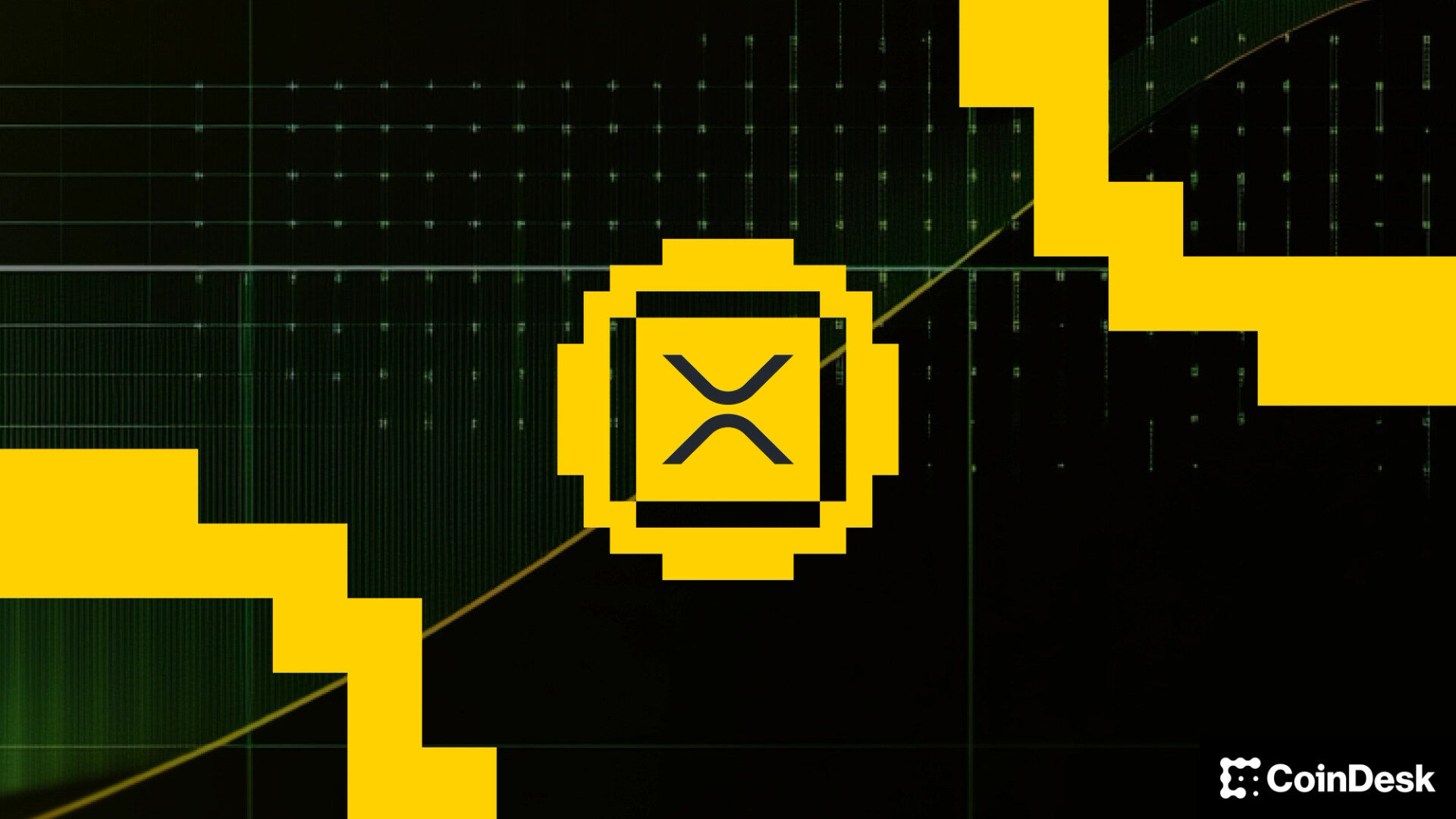Ripple cryptographer J. Ayo Akinyele outlines a privacy-first roadmap — ZK proofs and confidential tokens — to make XRP Ledger attractive to institutions.
By Siamak Masnavi, AI Boost|Edited by Aoyon Ashraf
Updated Oct 4, 2025, 12:13 a.m. Published Oct 4, 2025, 12:10 a.m.

- Ripple engineer J. Ayo Akinyele said he aims to make the XRP Ledger the first choice for institutions by building in privacy, compliance and trust at the protocol level.
- He pointed to zero-knowledge proofs and confidential multipurpose tokens (MPTs) as tools that can enable private, compliant transactions and support tokenized real-world assets.
- Akinyele argued that scaling blockchains requires protecting trust, saying XRPL’s financial focus and decade of reliability make it uniquely positioned for the coming wave of institutional adoption.
Ripple cryptographer J. Ayo Akinyele says he’s pushing to make the XRP Ledger (XRPL) the “first choice for institutions seeking innovation and trust” — and to do it with privacy-first tooling.
Akinyele, a senior director of engineering at Ripple, lays out the case in a blog post published Thursday, arguing that finance can’t function without confidentiality while public blockchains are built for transparency.
STORY CONTINUES BELOW
The way through, he says, is programmable privacy that lets “honest participants control what is revealed, to whom, and under what circumstances,” while still giving regulators the disclosures they need.
Akinyele contends privacy on-chain should be a baseline protection, analogous to the encryption that secures online banking.
He points to zero-knowledge proofs (ZKPs) — cryptography that proves a statement is true without exposing the underlying data — as a mechanism for private but compliant transactions (for example, proving KYC completion without broadcasting identities to the entire network).
In his view, without built-in confidentiality, institutions won’t move core workflows to public ledgers; without accountability, regulators won’t sign off. ZKPs, selective disclosure and hardened wallet infrastructure are meant to square that circle.
Beyond privacy, Akinyele argues scalability must not come at the expense of security or decentralization.
He highlights trusted execution environments (TEEs) for fair transaction ordering to curb frontrunning and confidential computation for running sensitive logic off-chain while emitting verifiable outputs — both intended to reduce market-structure risks without reverting to intermediaries.
Looking ahead, he sketches two milestones.
First, over the “next 12 months,” he says he’s focused on making XRPL the institutional default by applying ZKPs to enable private, compliant transactions that also improve throughput.
Second, in 2026 he expects confidential multi-purpose tokens (MPTs) — a forthcoming XRPL standard — to bring privacy-preserving tokenized collateral to market. That, he says, is an essential step for institutional adoption of real-world assets (RWAs) and DeFi (decentralized finance).
Akinyele also positions XRPL as “uniquely positioned to bridge” what he describes as “many trillions of dollars in assets set to move on-chain over the coming decade,” citing the ledger’s decade-long operating history, built-in decentralized exchange, escrow and payment channels as finance-oriented primitives already at the protocol layer.
“The future of blockchains belongs to builders who remove unnecessary trust,” he concludes — arguing that if systems can prove correctness, prevent misuse and protect data, public ledgers can deliver the privacy, compliance and efficiency institutions require.
AI Disclaimer: Parts of this article were generated with the assistance from AI tools and reviewed by our editorial team to ensure accuracy and adherence to our standards. For more information, see CoinDesk’s full AI Policy.
More For You
By Margaux Nijkerk, AI Boost|Edited by Cheyenne Ligon
Oct 2, 2025

DoubleZero is a network built to speed up how blockchain validators talk to each other.
What to know:
- A new project wants to give blockchains their own “fast lane” on the internet. The DoubleZero Foundation announced Thursday that its highly anticipated mainnet-beta is live.
- DoubleZero is a network built to speed up how blockchain validators talk to each other. Instead of relying on the public internet, which can sometimes be slow and unpredictable, Solana validators can now connect through DoubleZero’s fiber routes, that lets its users transact for faster.
- The project has already seen early adoption. Currently, 22% of staked SOL is plugged into the DoubleZero network. Big industry names like Jump Crypto, Galaxy, RockawayX, and Jito are contributing fiber links and engineering resources, betting that faster internet infrastructure will pay off as blockchain applications scale.











